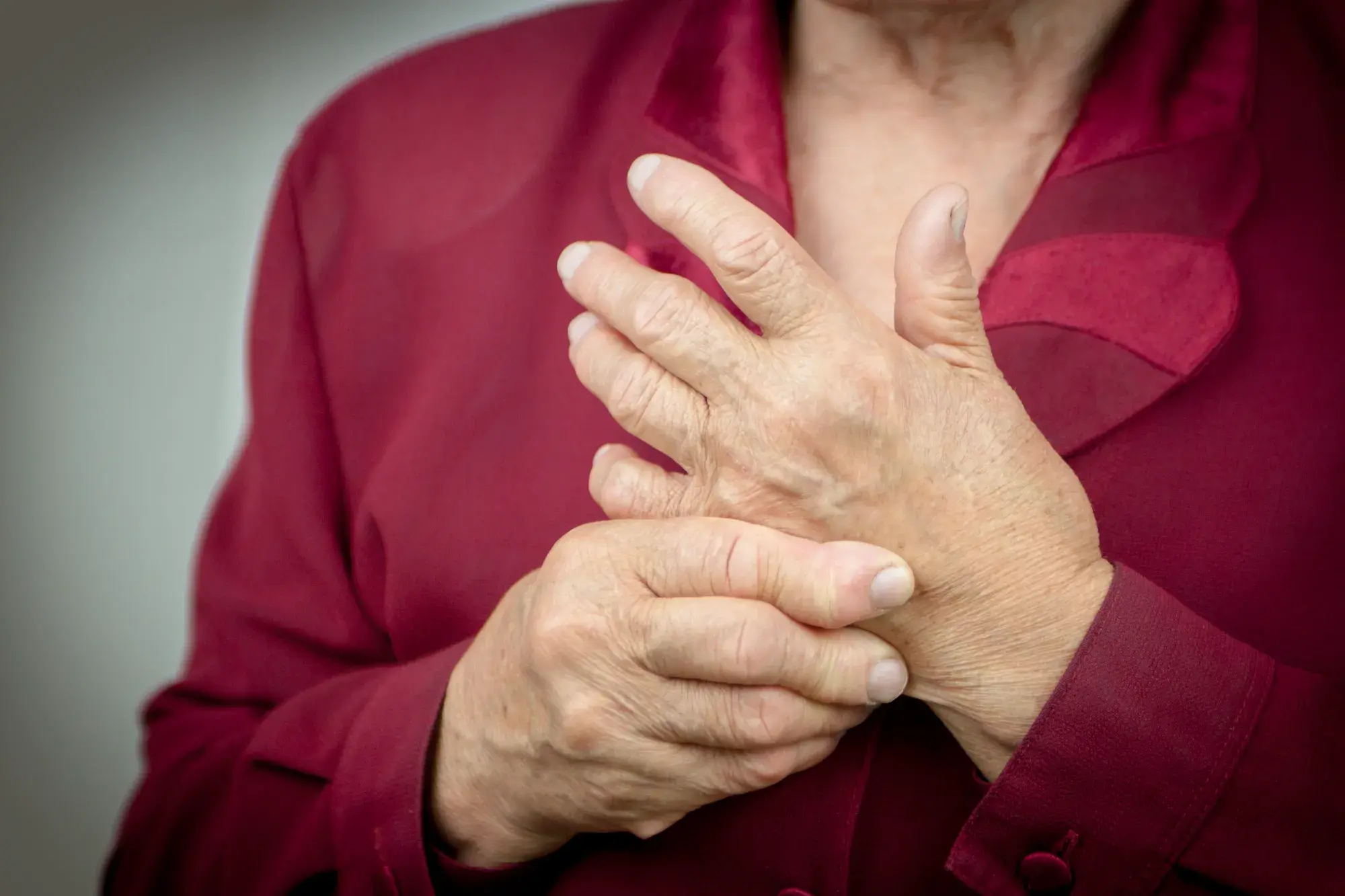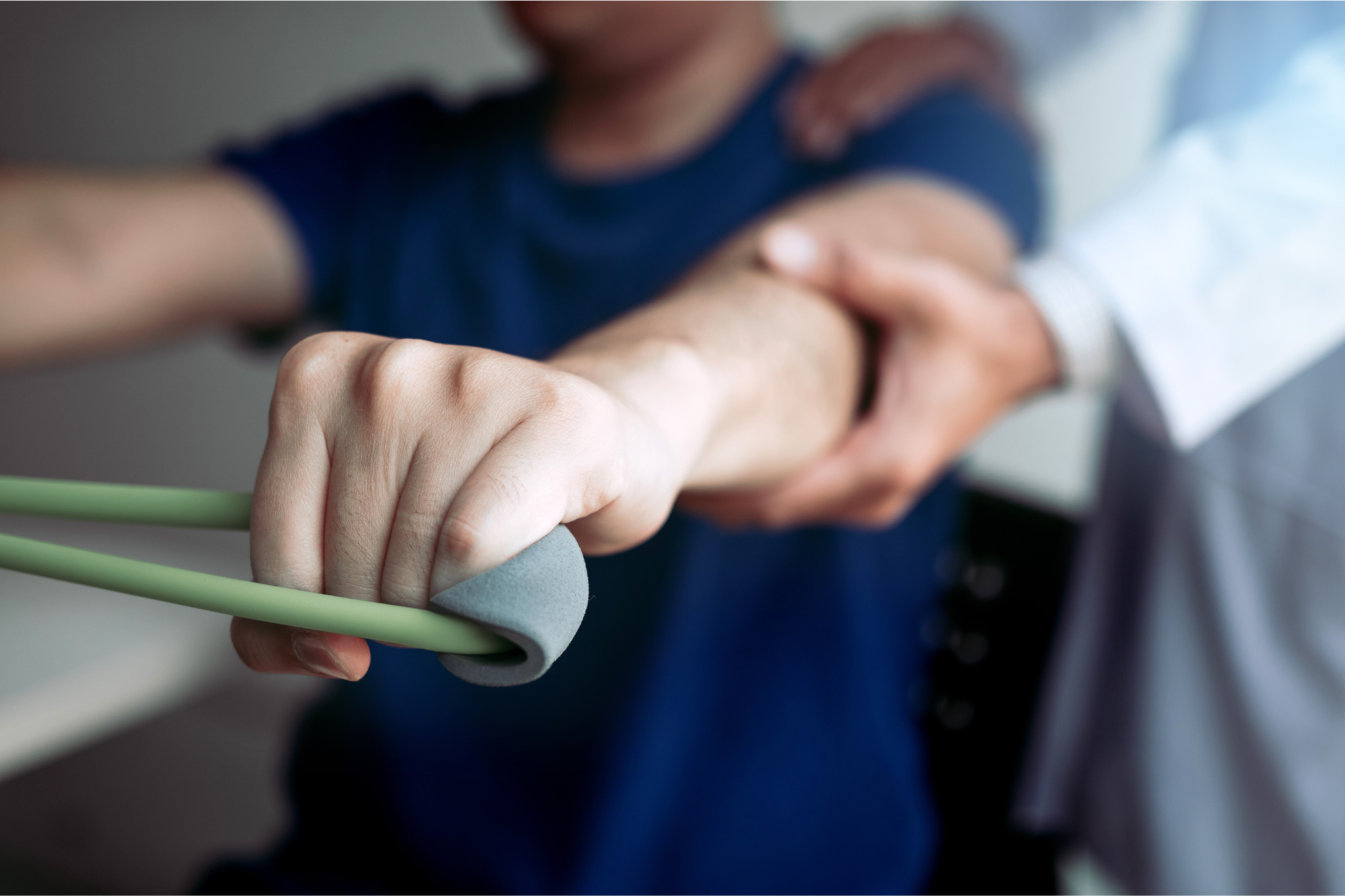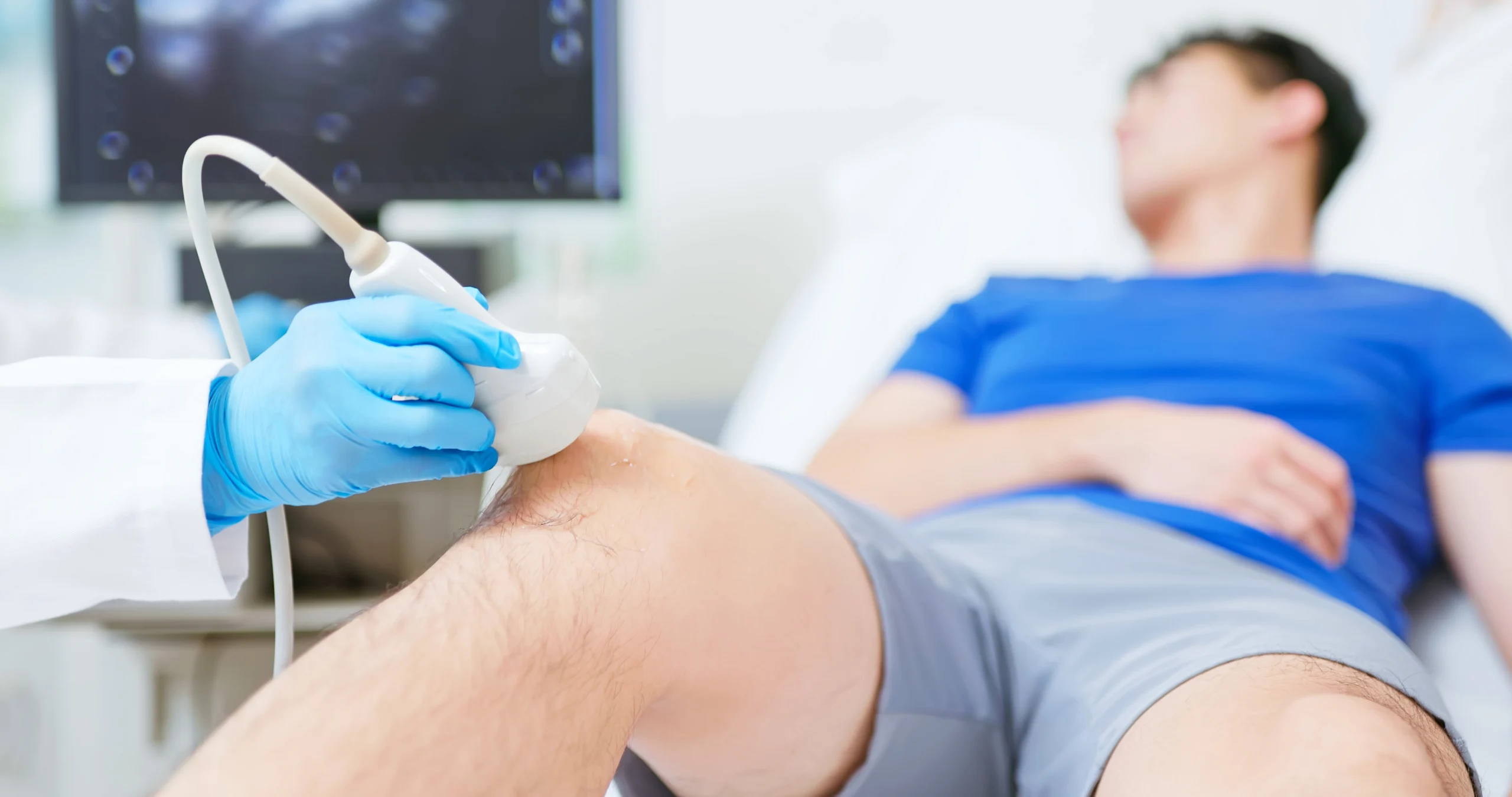Get Help For Rheumatoid Arthritis Pain
At NextPain Care, we recognize the daily struggles of those suffering from rheumatoid arthritis. Rheumatoid arthritis can be a debilitating and painful condition that causes swelling, joint damage, and immobility.
We offer minimally invasive solutions to alleviate the pain associated with rheumatoid arthritis. Our treatments are designed to reduce inflammation, improve joint mobility, and alleviate pain using a holistic and research-backed approach to pain management.
Schedule Your Consultation!

What we do
Find Relief From Rheumatoid Arthritis Today
Rheumatoid arthritis affects 1.3 million people in the U.S., causing debilitating pain and immobility in the joints, making everyday tasks challenging. It can lead to a wide range of symptoms that impact quality of life. However, there are ways to address these symptoms and reduce suffering.
-
Facing physical limitations
-
Restricting social interactions due to discomfort and pain
-
Feeling tired because of hurting and feeling stiff
-
Embracing an active lifestyle
-
Reduced pain during exercise
-
Regaining energy and motivation

How Can We Help You?
What Causes Rheumatoid Arthritis?
Start Today




